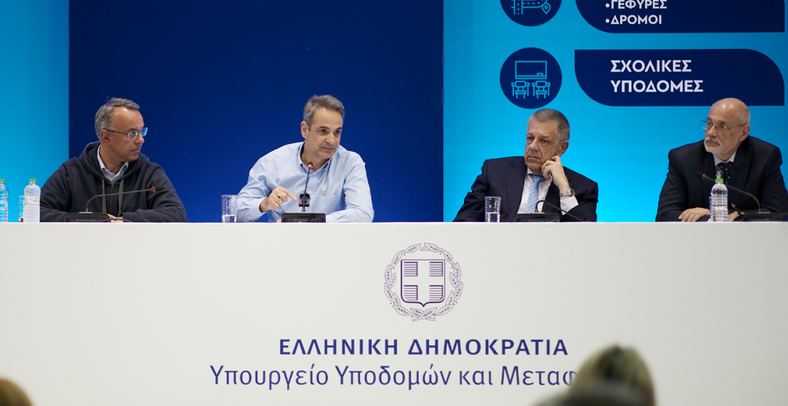The parliament of Former Yugoslav Republic of Macedonia (FYROM) voted in principle the bill to expand the use of the Albanian language.
In favour of the bill voted 66 MPs (coming from the ruling Social Democratic Union/SDSM of Zoran Zaev and Ali Ahmeti’s DUI) while 41 MPs voted against (coming from VMRO-DPMNE’s main opposition party, Nikola Gruevski).
Gruevski’s party has asserted to the House that the bill is unconstitutional and may cause division into the country’s society, as with it, the country is essentially “bilingual”.
Zaev’s party argued that the bill is part of the harmonization of FYROM’s legislation with European practice and aims to extend the use of the languages of all ethnic communities in the country to make it easier for citizens to communicate with their management’s institutions.
Its particular satisfaction with the bill expressed the Albanian co-governing DUI party.
In the next few weeks, the parties will table amendments to the bill, which will be examined by the plenary assembly. The bill is expected to be voted on by the end of the year.
Following its adoption by Parliament, the bill will be forwarded by the FYROM government to the Venice Commission to express its view.
What does the bill provide?
The bill states that throughout the territory of the FYROM and its international relations, the official language is the so-called “Macedonian” in its Cyrillic script, but adds that any other language spoken by at least 20% of the citizens (i.e. the Albanian) is also an official language, along with its alphabet, as defined in the bill.
The bill provides for the extension of the use of Albanian as a language spoken by more than 20% of the population at the national level:
– In parliament (possibility to be used by the President-in-House of Parliament -plenary and committees- and bilingual practice).
– In the government (use at Ministerial Council meetings and government committees, adoption of bilingual practices and decisions).
– In justice.
– In travel documents, with the possibility of issuing bilingual identity cards and passports, but only at the request of the person concerned.
– On the signs of the central government departments.
– On stamps.
At the same time, the draft law provides for the extension of the use of Albanian, but also of any other language spoken by more than 20% of the population at municipal level:
– The uniforms of police officers, firefighters, hospital staff, etc., bearing bilingual insignia.
– On the municipal office signs.
– The names of roads, squares, bridges, public buildings, etc. that will be bilingual.
– At border corridors and airports.
Source: balkaneu.com
































